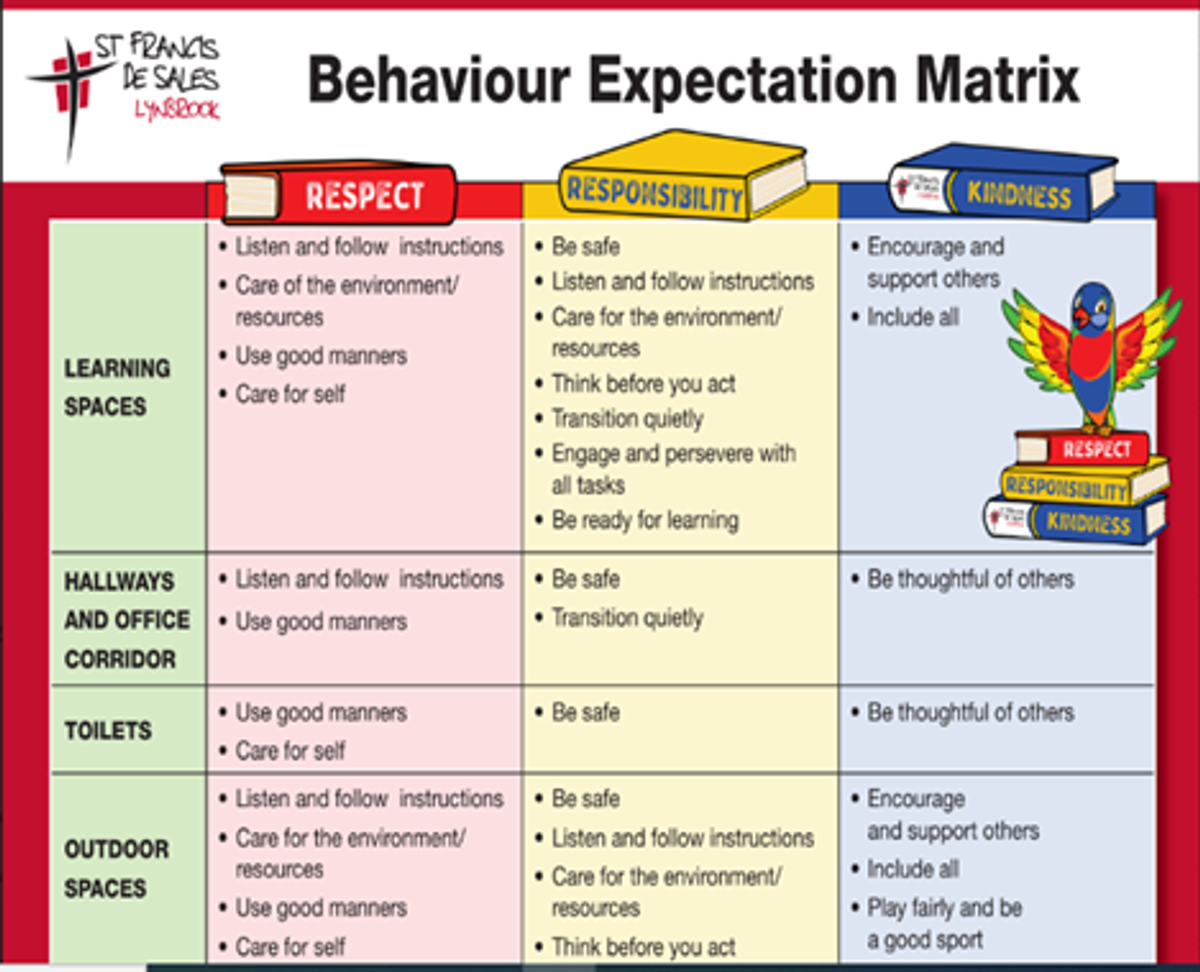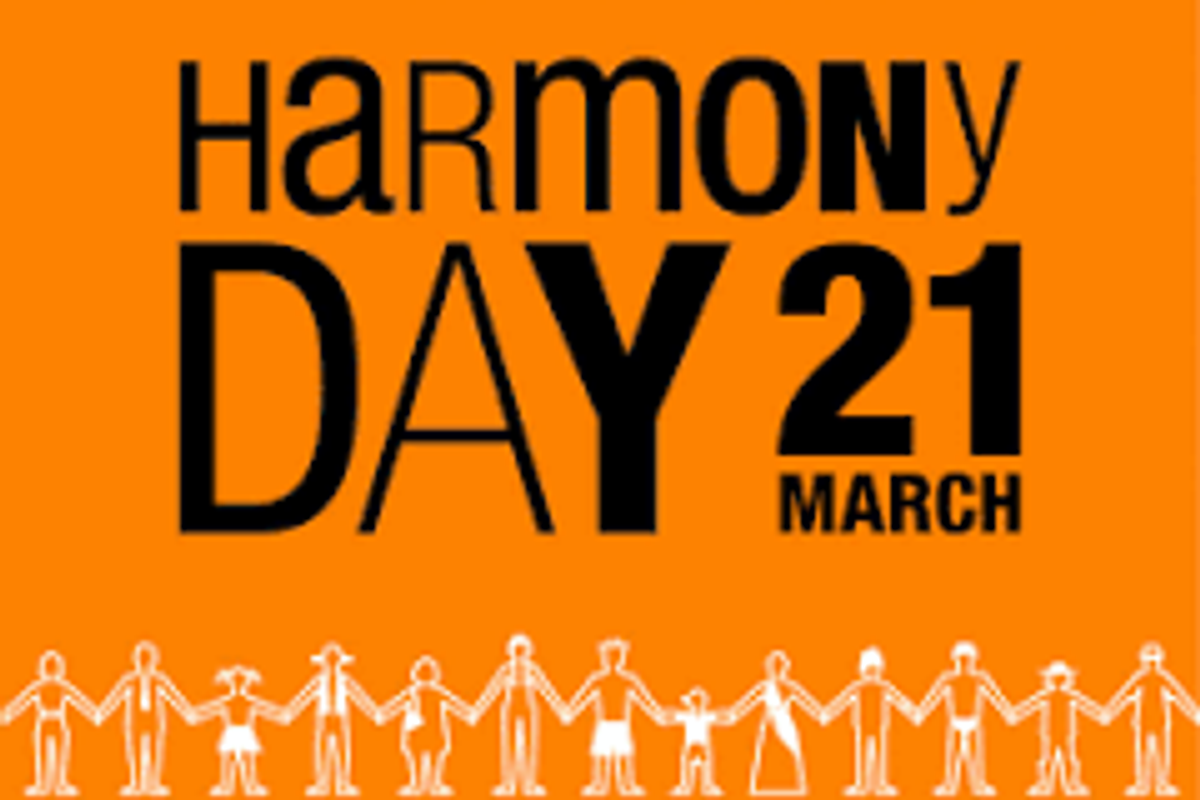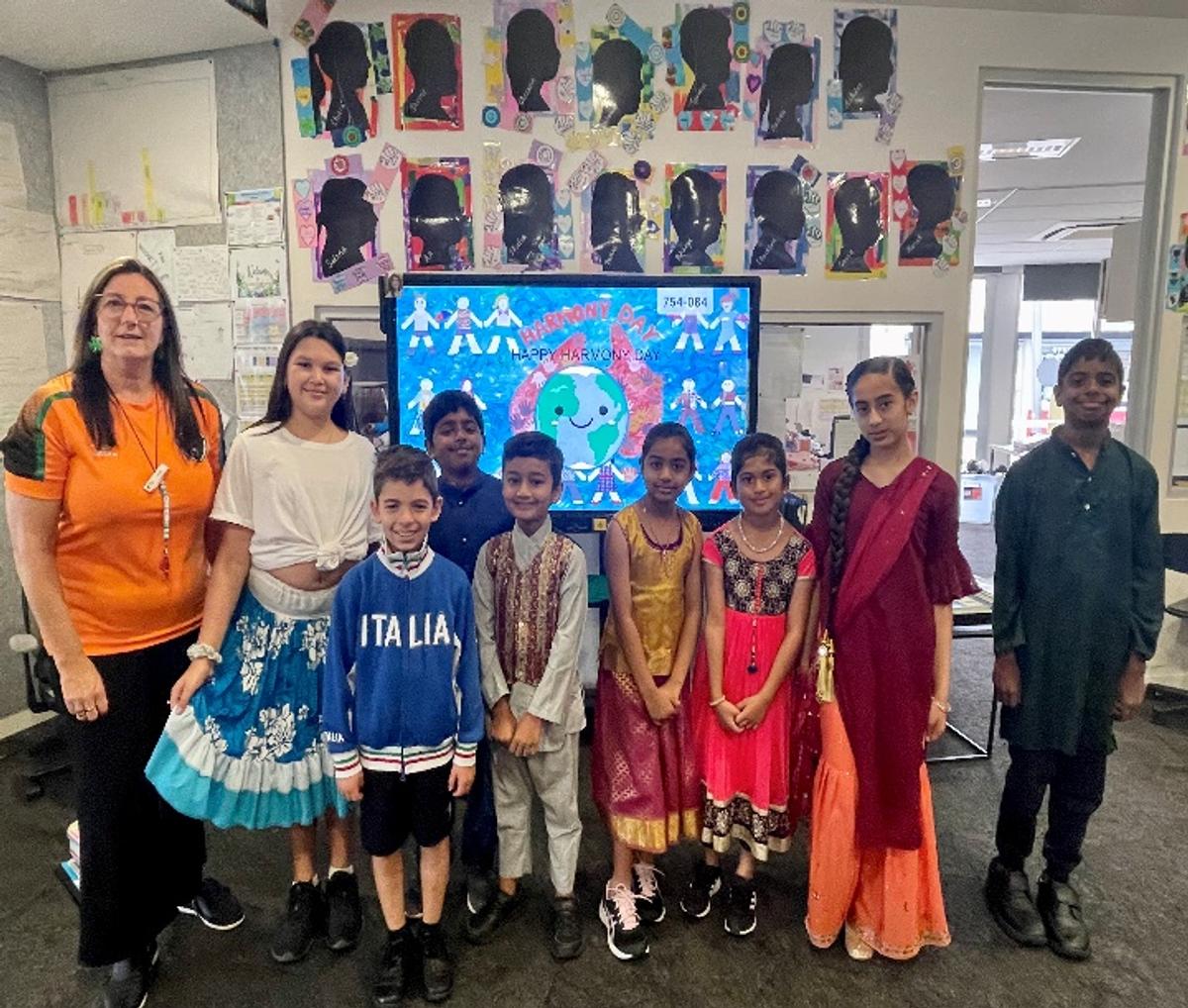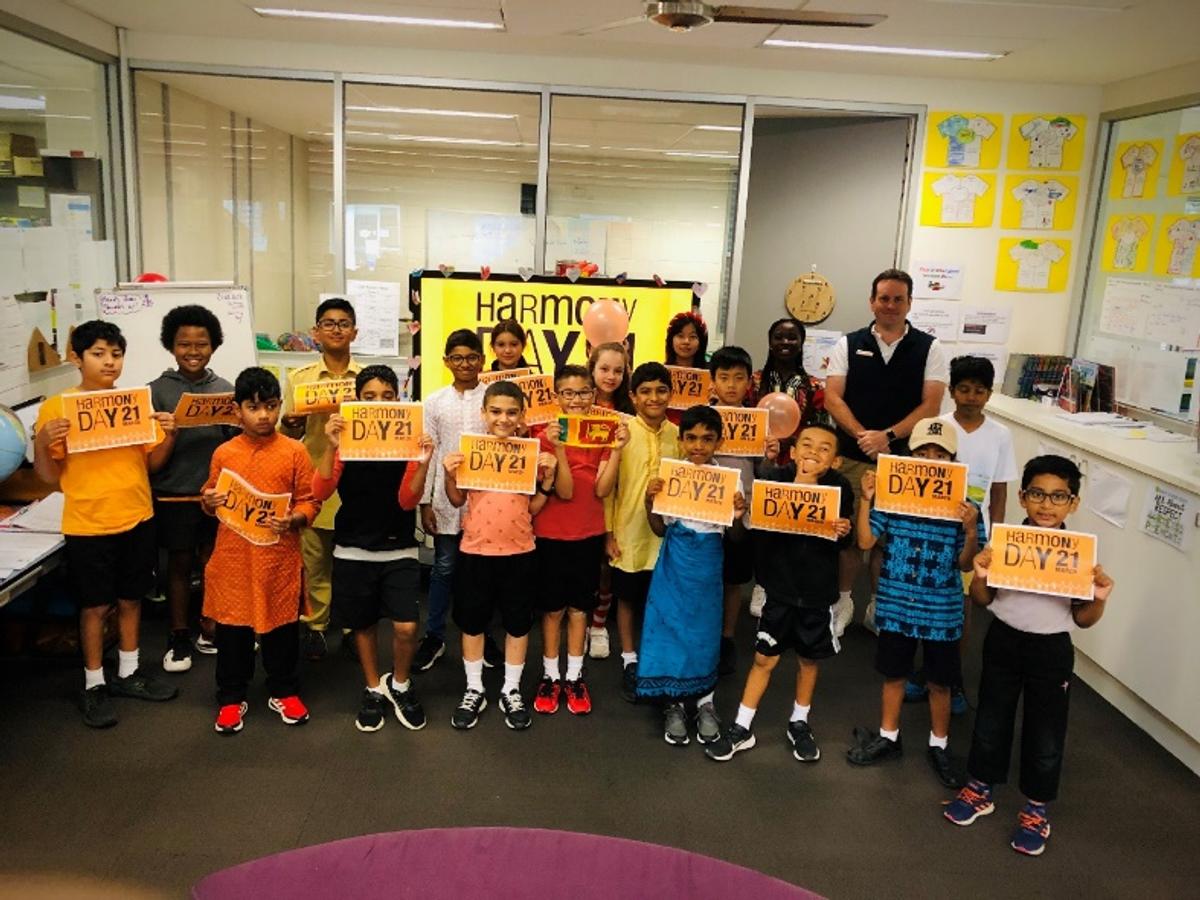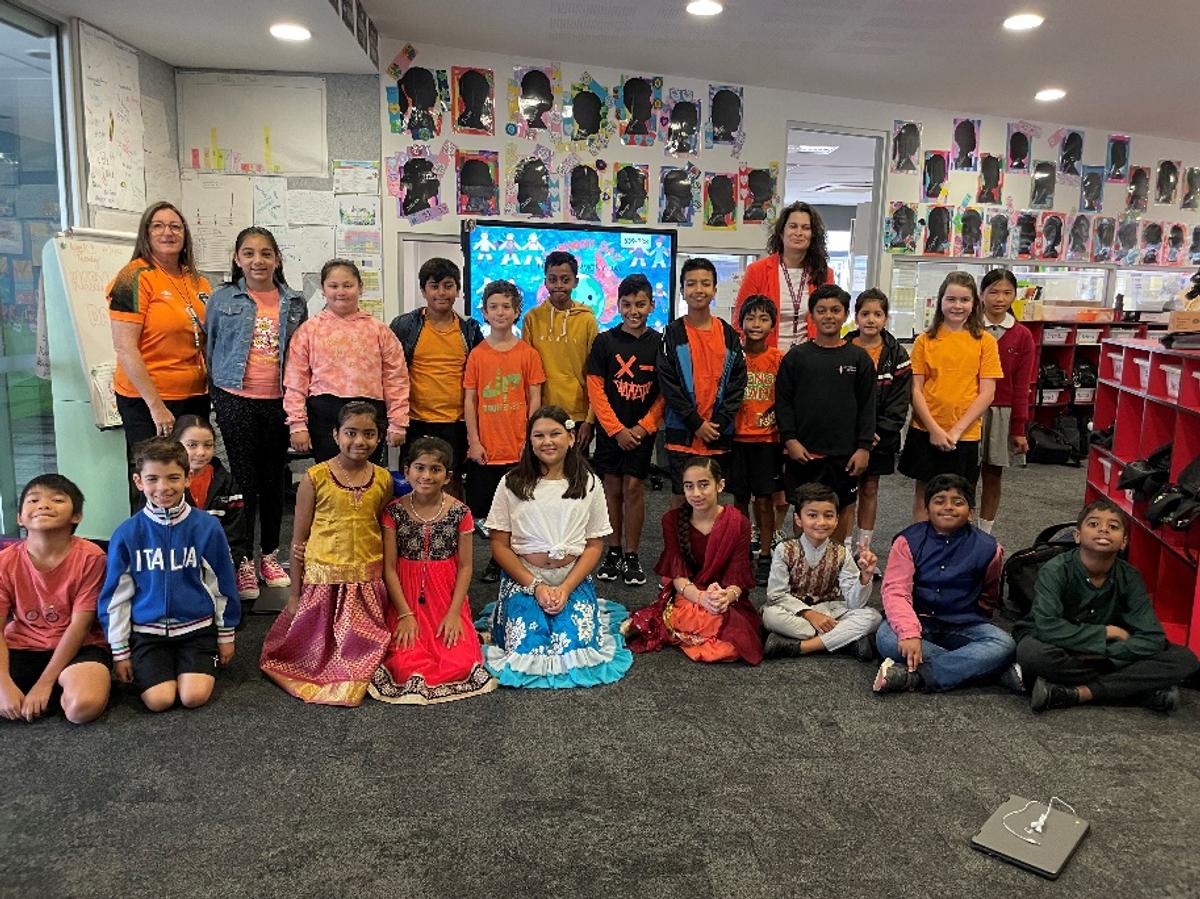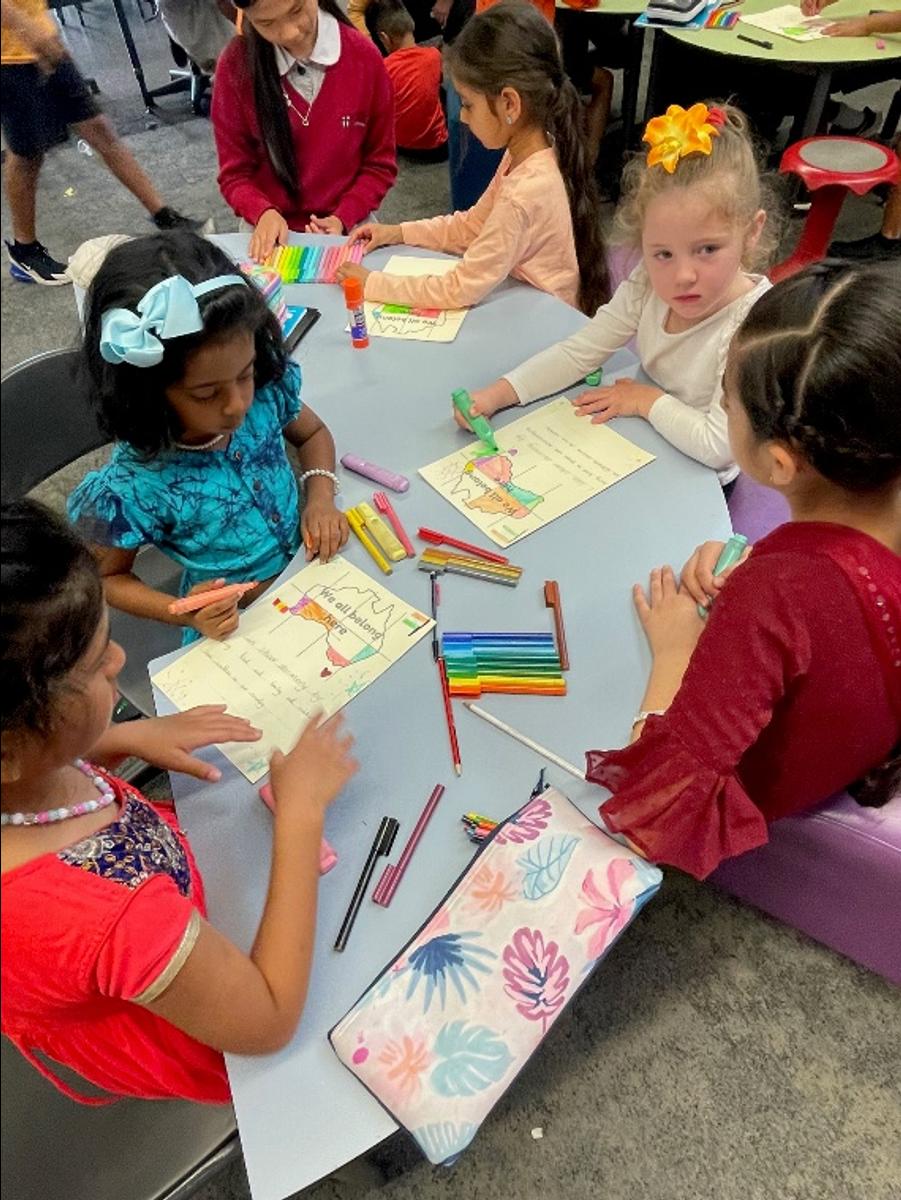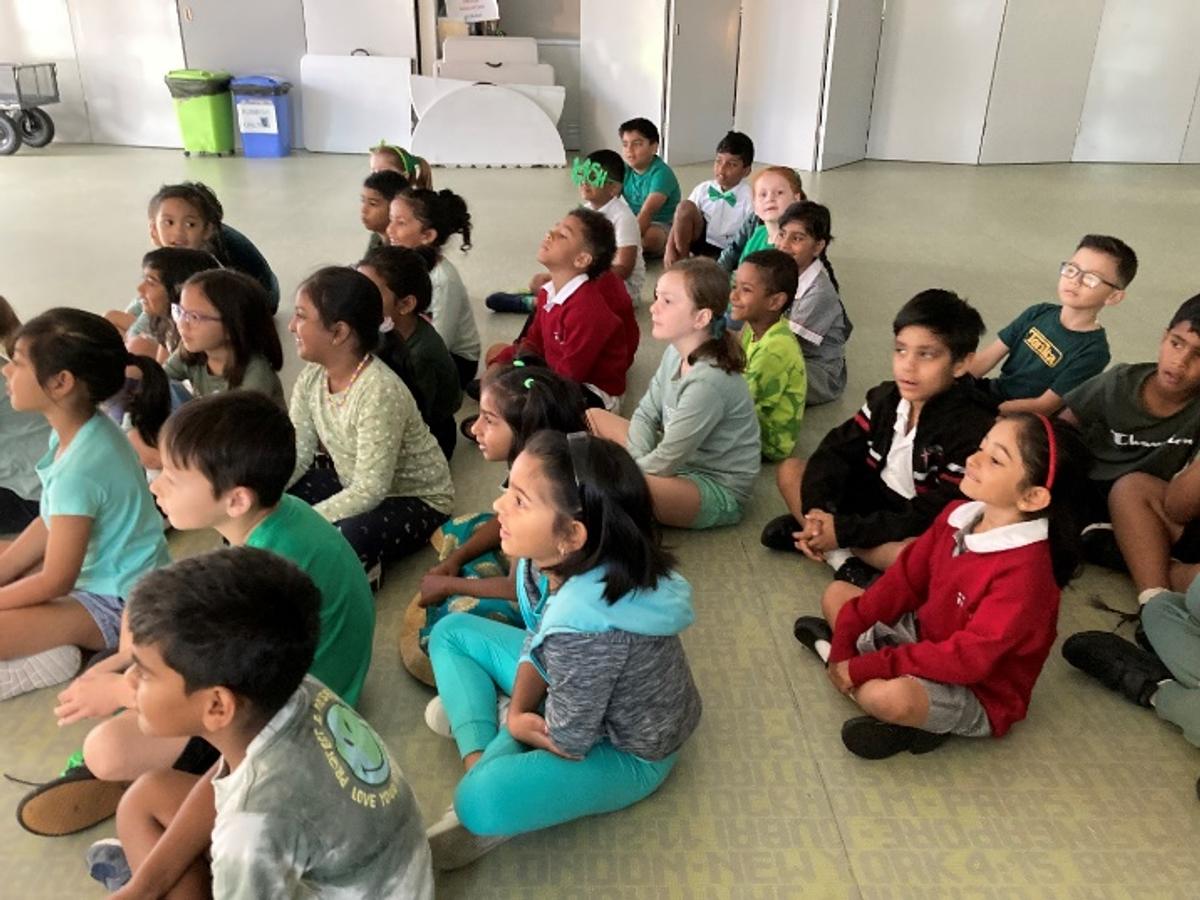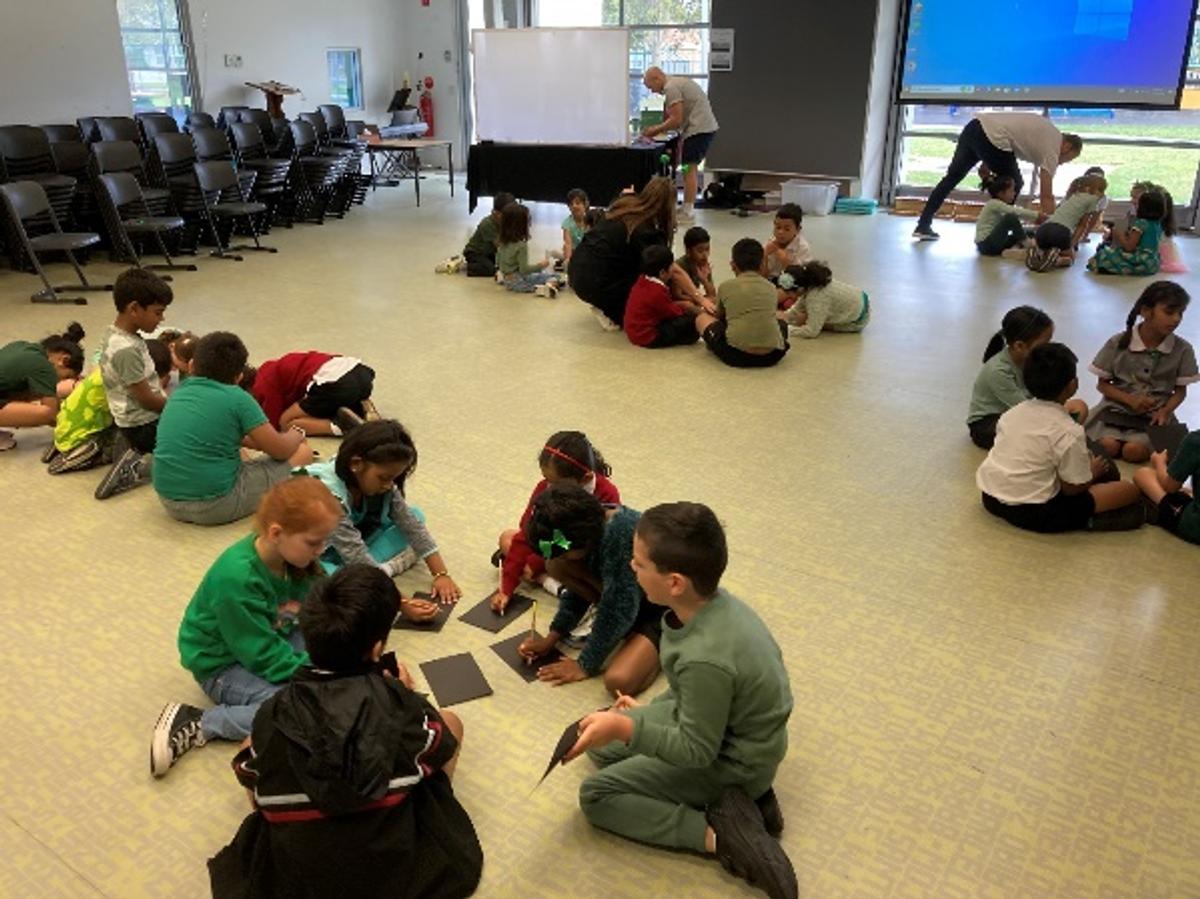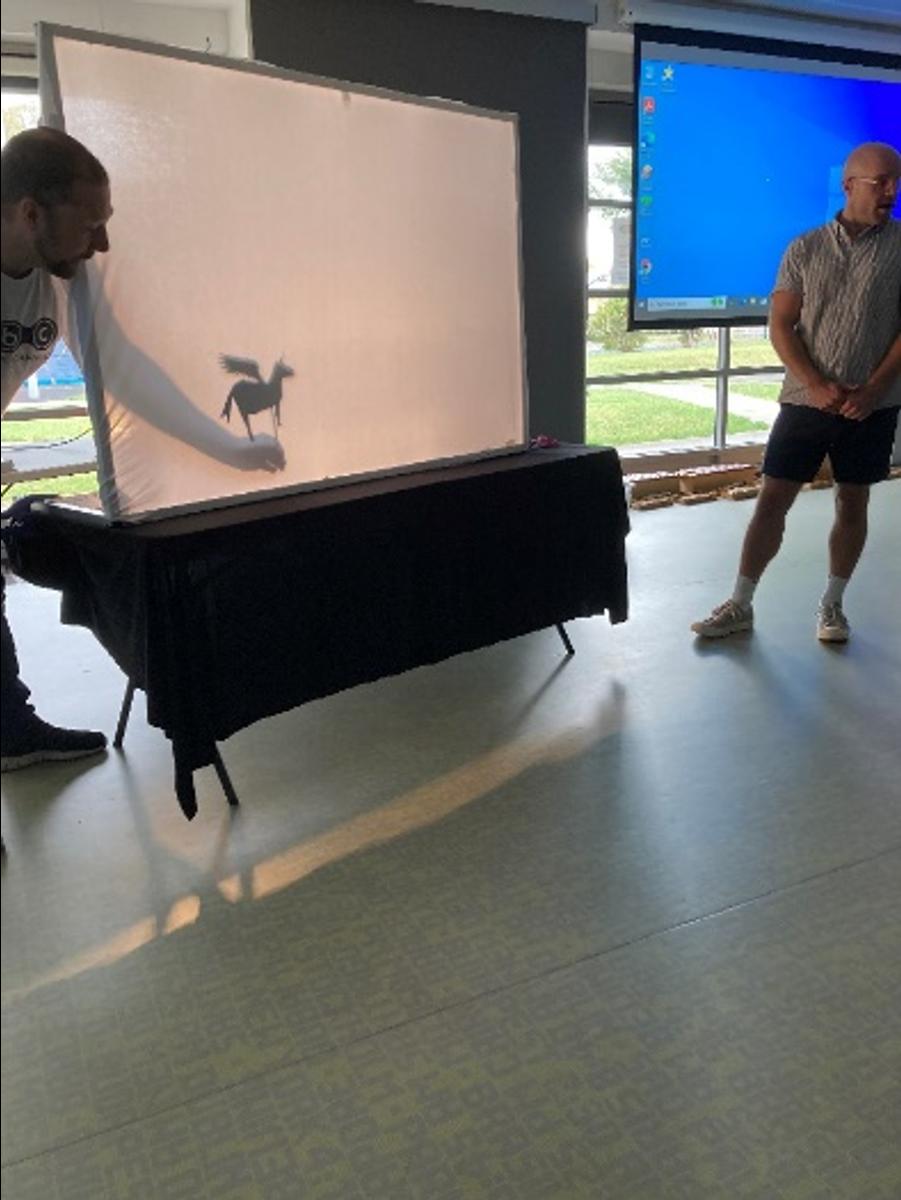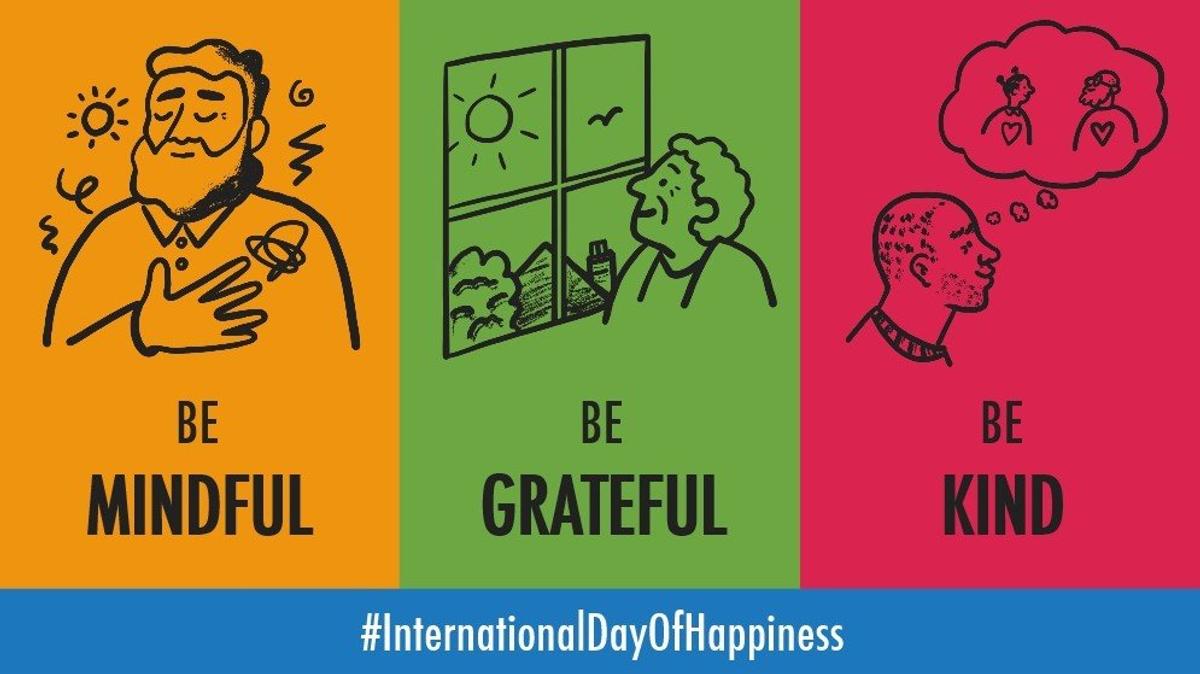Wellbeing
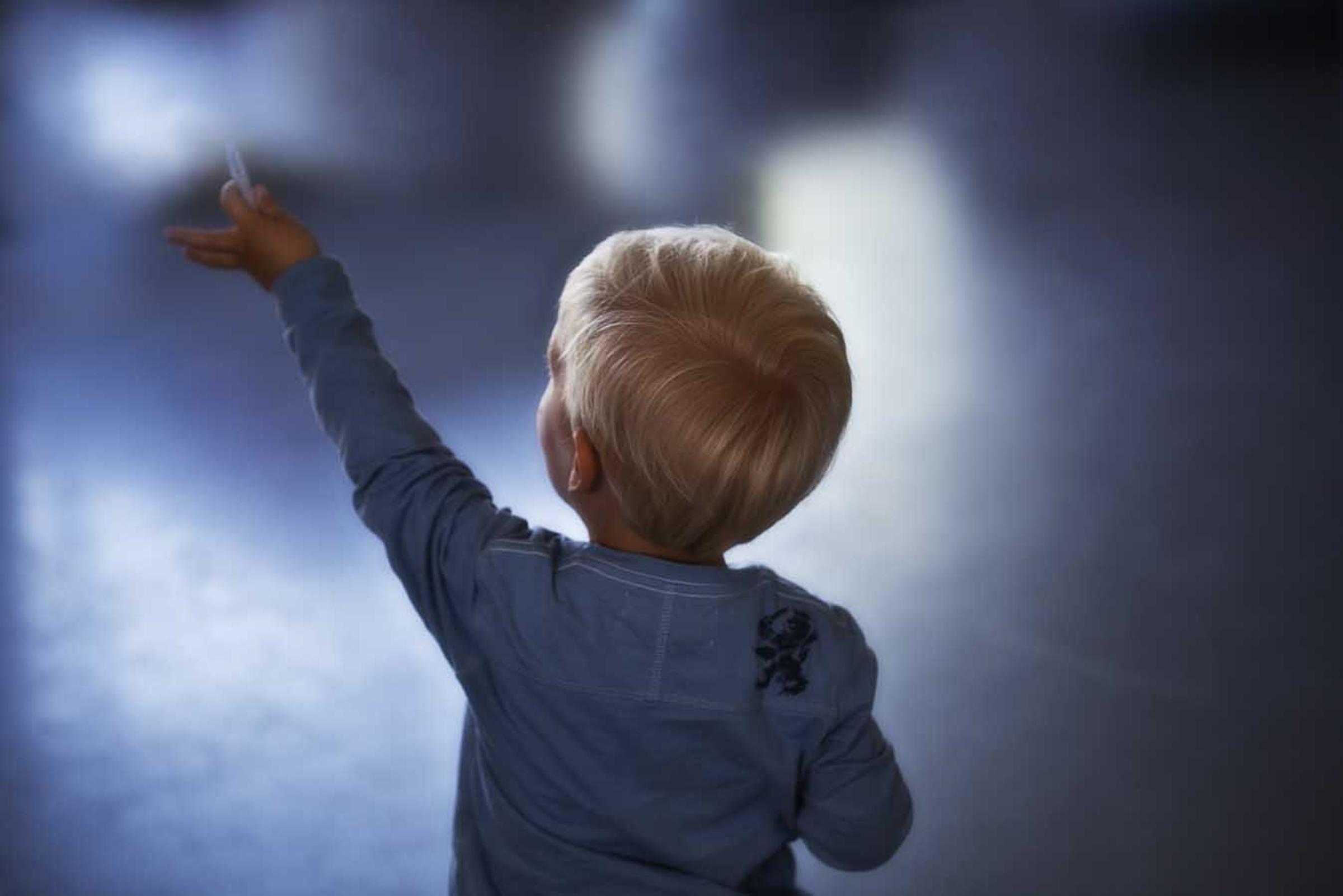
Positive Behaviours for Learning
At SFS, our school expectations are:
Respect
Responsibility and
Kindness
This week we have focused on the expectation of RESPONSIBILITY in OUTDOOR SPACES and think before you act.
This week the students have learnt…
We all need to be safe, healthy and happy at school. It is everyone’s responsibility to follow rules and do the right thing.
When students react before they think about the consequences, other students and teachers are put at risk, as is the student. It also impacts on what other children think about us and feel about us when we show this unexpected behaviour, e.g someone might not want to work with us or play with us if we act before we think.
Harmony Week/Day
This week we celebrated Harmony week. The children focused on the message of Harmony week in class during reading and writing, Inquiry and PBL (Positive behaviours for Learning) social skills lesson and circle time.
The message is all about inclusion and celebrating and embracing our Multicultural identity. On Harmony Day, March 21st, the children dressed in clothing to represent their family background or in orange.
Positive start Incursion: Shadow Puppetry
Last year the Government offered schools free excursions and incursions to help engage children after the 2 years of interrupted learning with the impact of Covid 19.
Last Friday the Junior students participated in a shadow puppetry workshop which coincided with Catholic Education Week. Students worked in small groups where they had to select a fairytale and create a shadow puppet for their character.
Students acted out their fairytale whilst using their imagination and their puppet. The children were super excited and had a fantastic time.
Digital mental health
The following fact sheet is taken from the BeYou website. BeYou is a resource for educators that helps to promote the mental health of all members of the school community, students, staff and parents.
“Digital mental health – that is, online mental health supports and services – is an effective way of providing support to children and young people. What do we mean by digital mental health? Digital mental health refers to services delivered via digital platforms online, mobile or via the phone. It also encompasses the use of social media and online support communities, which allows people to connect with others who are going through similar experiences or who share their interests. Digital mental health services can be accessed in a confidential way – allowing children and young people to reach out for support when they may not be able to access support in the learning environment or broader community.
Online support services have been shown to support children and young people’s learning, development, social networks, mental health and wellbeing. It can also provide access to opportunities to connect with others, and gain support, through the development of new skill sets to complement and build on their existing social and emotional competencies. There are a range of online sites, services and supports available specifically for young people. The Be You Wellbeing Tools for Students is your essential guide to the online tools and other resources that will best support children and young people in taking care of their own mental health.
Social media
Much has been written and reported about the potential risks of social media, so it’s helpful to consider the opportunities as well. Social media can be used to:
• promote positive norms about health and wellbeing and enhance health promotion initiatives
• foster identity formation, community-building and creativity
• support the self-directed learning and aspirations of marginalised children and young people
• extend formal and informal knowledge networks and social support for children and young people • build young people’s consumer and financial literacy
• promote proactive approaches to issues of risk and safety
• support family and intergenerational relationships.
Different generations of people will bring different skills and knowledge to social media. When children, young people and family members use technologies to collaborate and socialise, they can find new opportunities to connect, utilise each other’s strengths and can be watchful for each other’s safety.
Challenges of social media
• The range of content and culture of social media provides low-level exposure to a range of risks. However, experiencing some level of risk is necessary to build resilience online and offline.
• Children and young people may also experience upsetting and potentially harmful content and practices, which can have serious effects on their wellbeing.
• Poor integration of social media in formal and informal learning environments can reinforce social exclusion.
• More research is required to understand the multiple influences which can foster harmful consumption and financial practices.
• Social media may also amplify risks to physical and emotional safety.
• Social media may also be perceived as a barrier to traditional family relationships.
Online safety
The Office of the eSafety Commissioner is Australia’s leader in online safety. The eSafety Commissioner is responsible for promoting online safety for all Australians. committed to helping all Australians have safer, positive experiences online – just as they would offline. The Office coordinates and leads the online safety efforts of government, industry and the not-for profit community. It has a broad remit which includes providing a complaints service for young Australians who experience serious cyberbullying, identifying and removing illegal online content, and tackling image-based abuse. The Office also provides audience-specific content to help educate all Australians about online safety including young people, women, teachers, parents, seniors and community groups.
Managing risks
School staff can meet duty of care requirements by being both proactive and reactive in helping young people manage the risks associated with technology use. Proactive strategies include:
• incorporating cybersafety into curriculum, year level events and health promotion activities as part of mental health promotion activities
• adopting a whole-school approach to preventing bullying
• developing students’ ability to critically analyse websites, apps and social sites to ensure that the sites are credible and safe
For more information and resources, please visit https://www.esafety.gov.au/
There is a great parent resource section on the website with free downloadable resources.
If you have any concerns about the wellbeing of your child, please do not hesitate to contact me. rlenko@sfslynbrook.catholic.edu.au
I am also available for Parent Teacher Interviews if you would like to discuss a Wellbeing related matter with your children.
Rachel Lenko
Student wellbeing Leader

